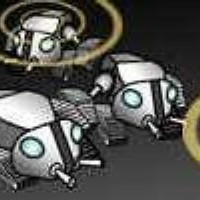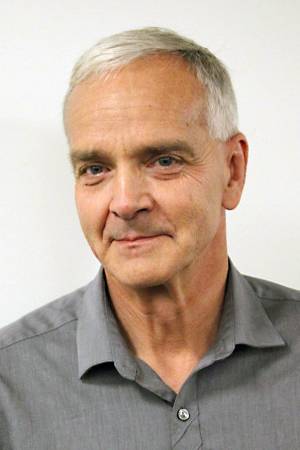Cognitive Colonies

The foundation of our work begins with the idea that robot existence must be modeled probabilistically. Robots, like humans, are subject to physical laws and can be damaged or destroyed by both random and intentional events. In the extreme environments posed by space exploration, military operations, firefighting, and nuclear cleanup, the likelihood that robots will be injured is amplified. In many situations, the danger posed is so great that a single robot expected to perform adequately in these scenarios must be designed to mitigate every conceivable circumstance. Clearly, this task is either very difficult or impossible for most operations.
Although the focus of our work is fundamental, we believe the ultimate measure of success of any robotic system should be evaluated in terms of doing useful work out in the world. For this reason, we have chosen to apply our work to the task of Distributed Mapping of Urban Environments. The unique feature of our distributed mapping system, and the eventual metric of our success, will be its ability to doggedly pursue this task when faced with multiple robot failures.
Our initial demonstration, tentatively scheduled for the Fall of 2001, will be to deploy ten small robots into a “mock-up” of an urban facility. These robots will form a colony whose sole purpose is the generation of a map of this area. After an initial period during which basic distributed mapping operation is demonstrated, our sponsors will be asked to “disable” robots of their choice and observe the reaction of the colony to this loss. This process will continue until critical mass is lost and the colony is unable to function in terms of its primary mission. Thus, observers will be given an “on-line” demonstration of how our system adapts to multiple and catastrophic failures.
current head
current staff
current contact
past staff
- Bruce Digney
- Samuel Drulhe
- Scott Thayer

